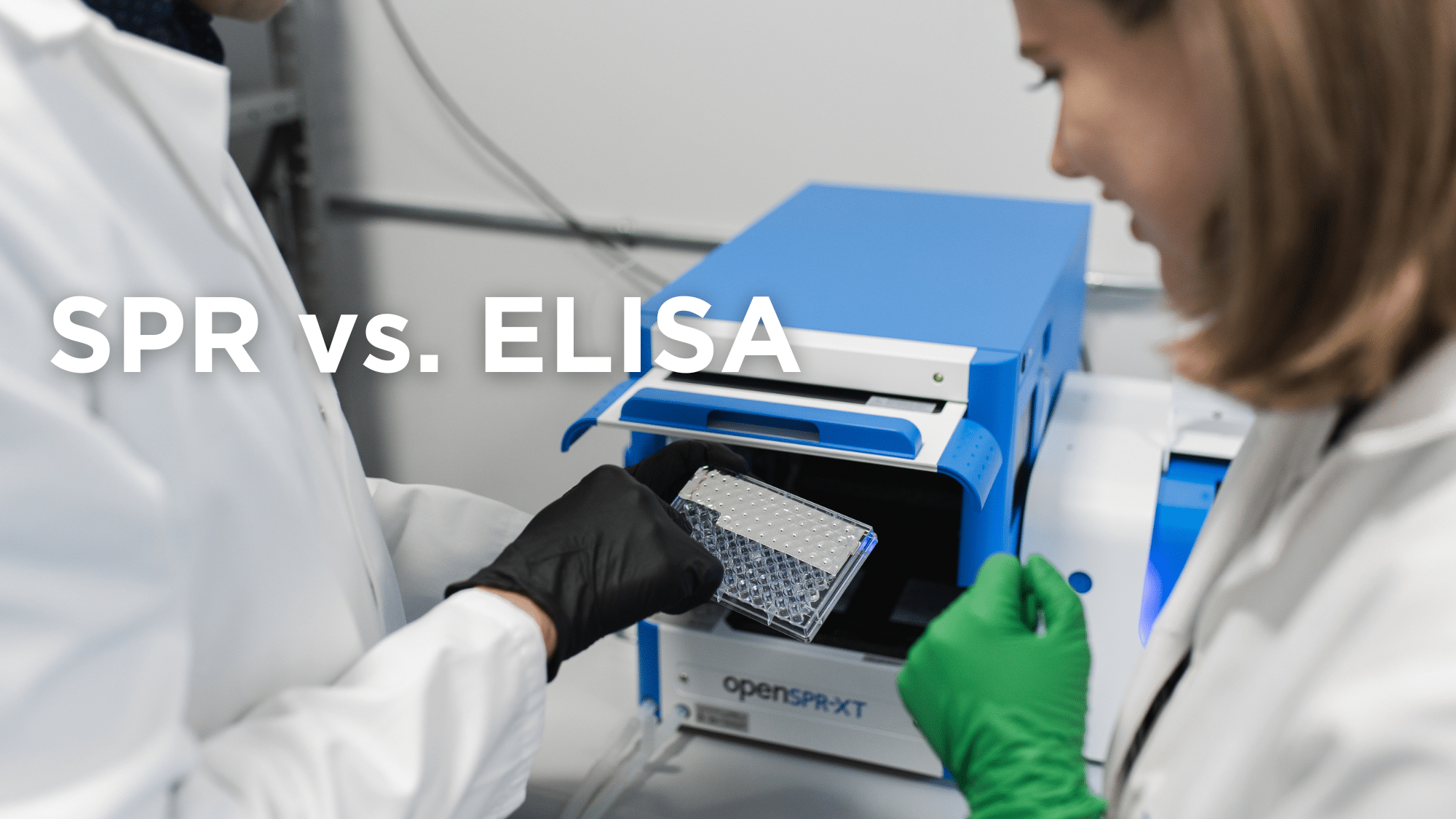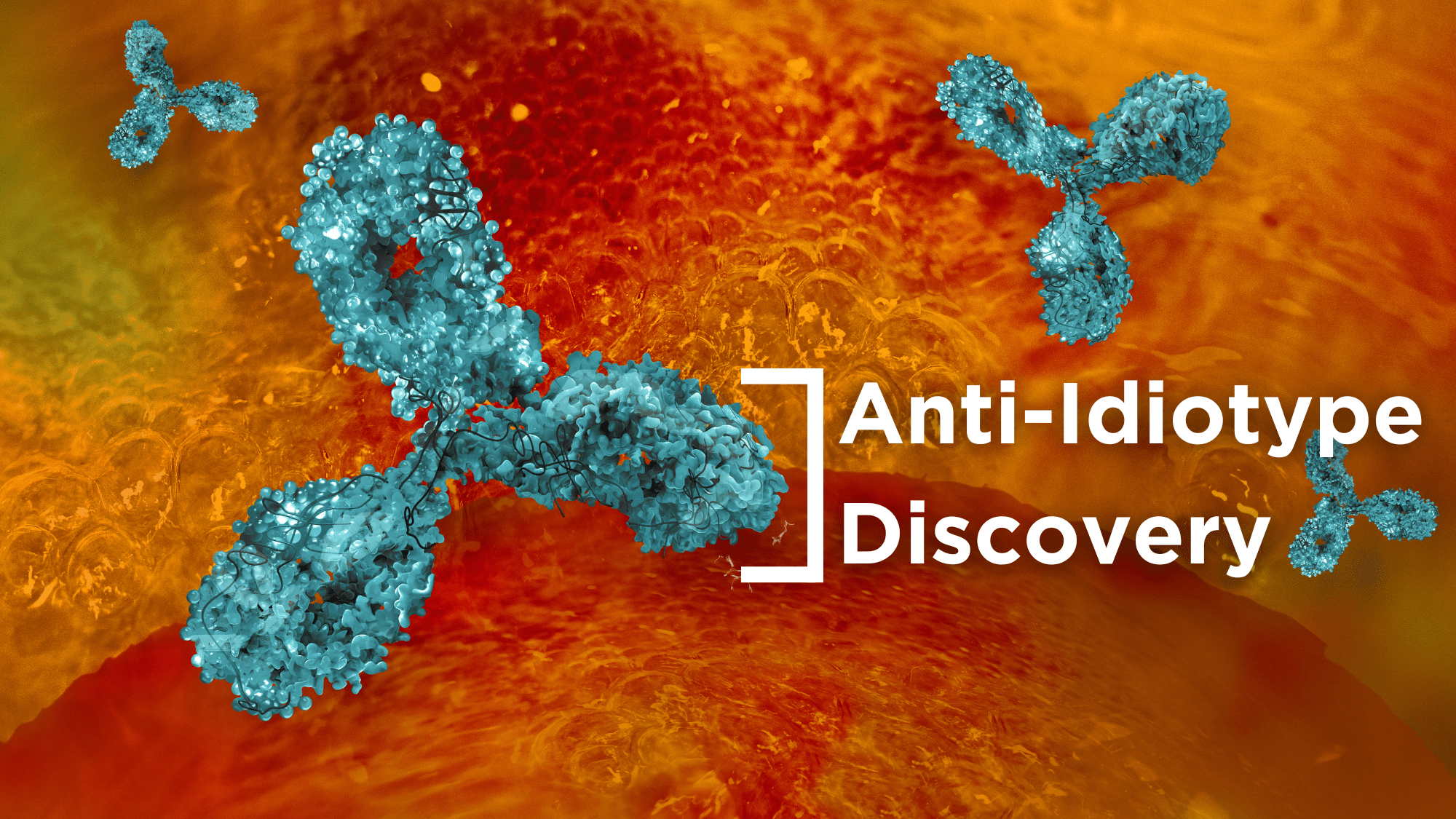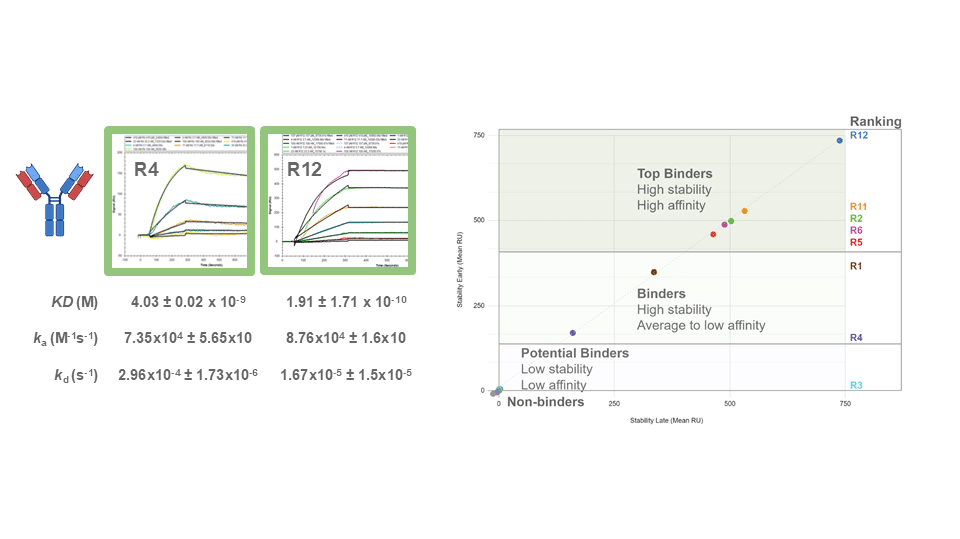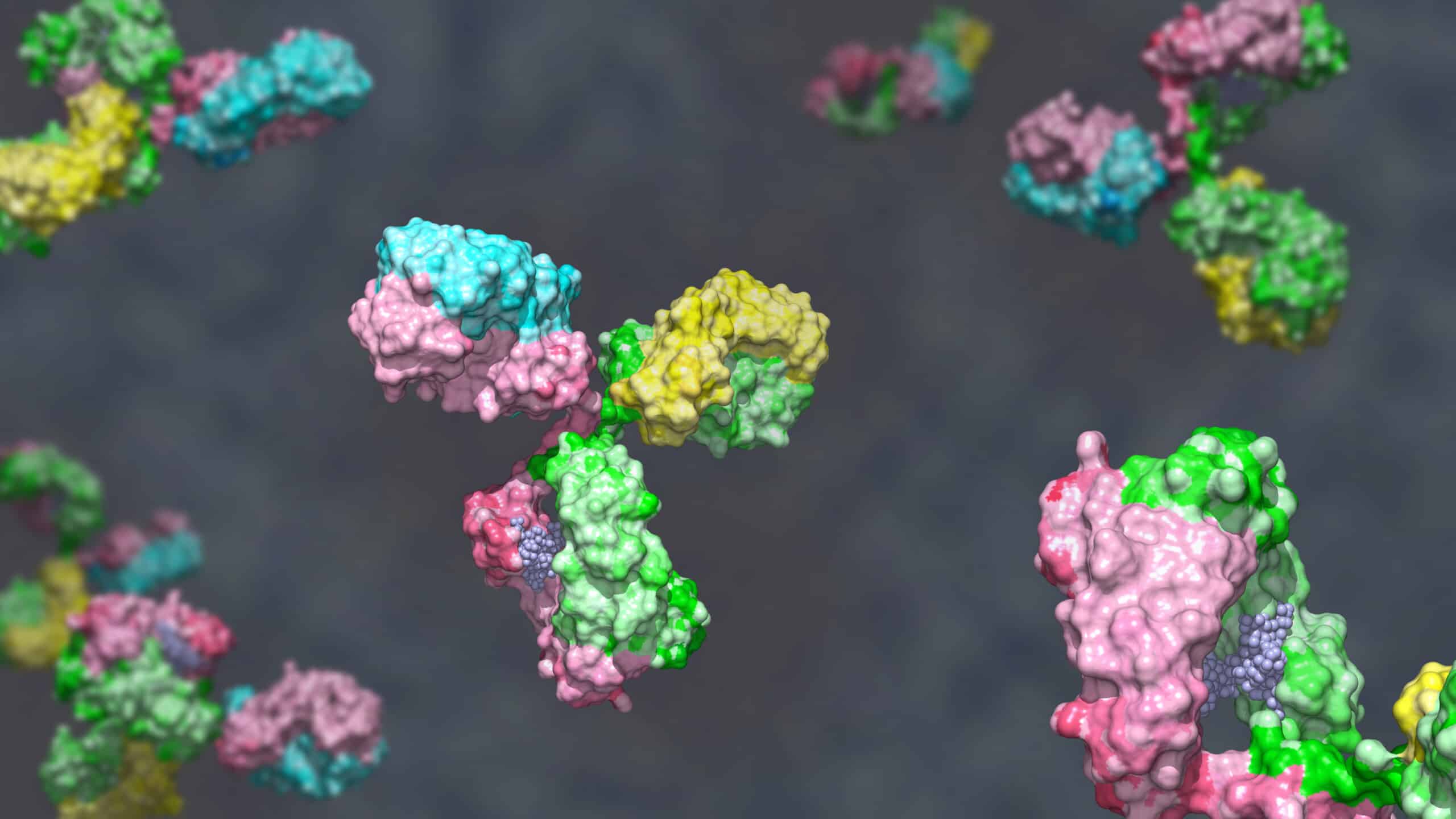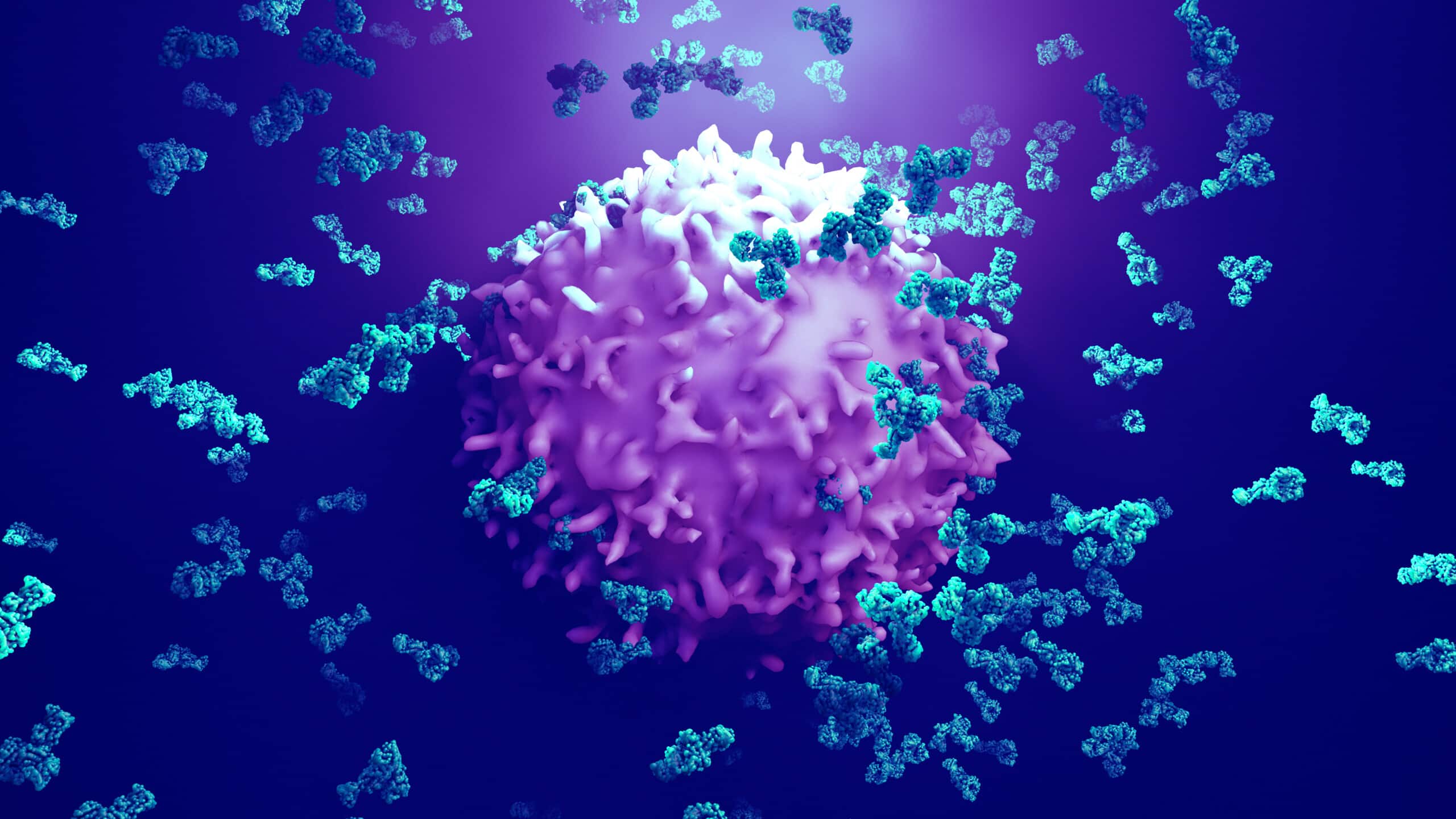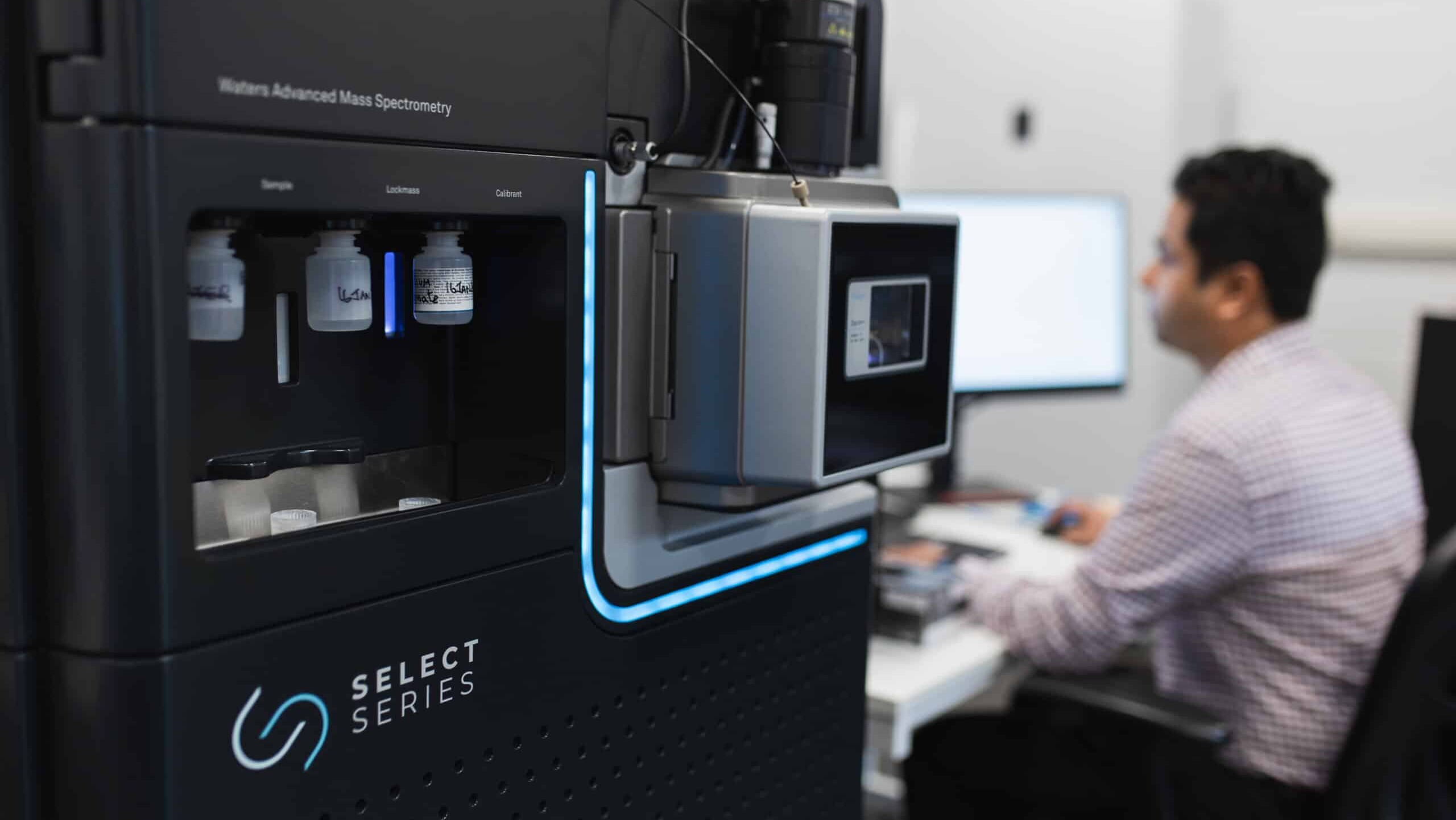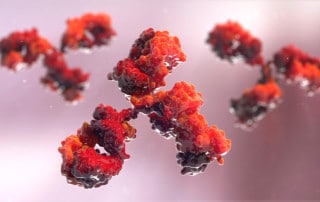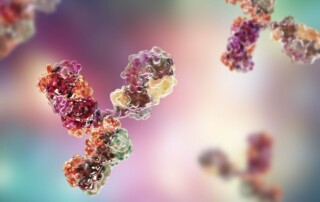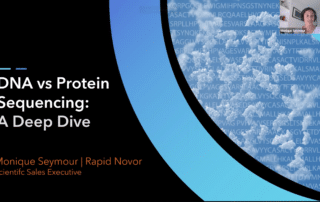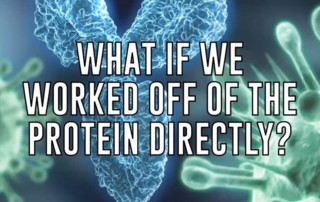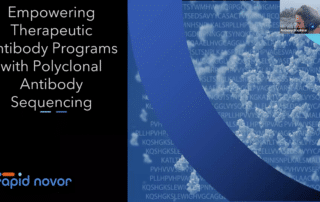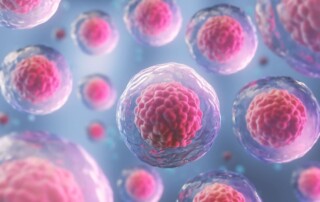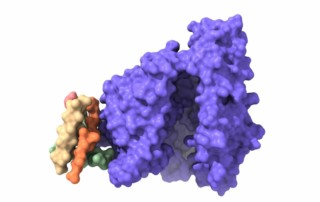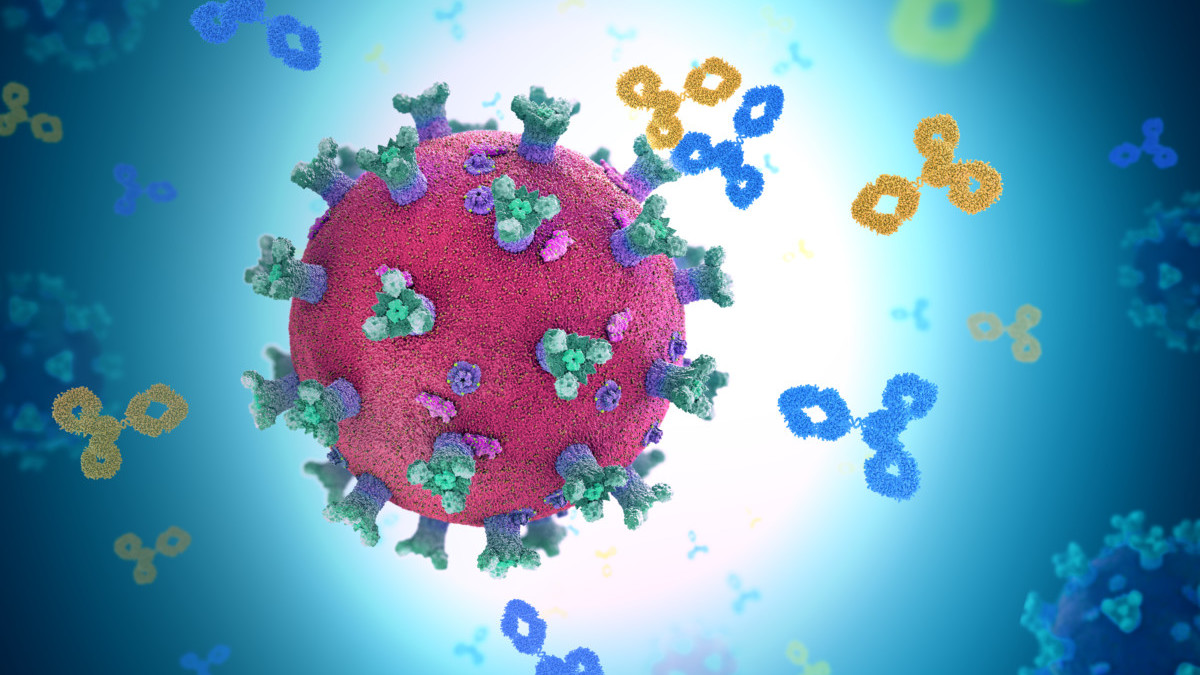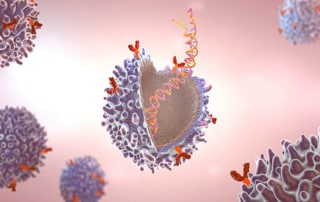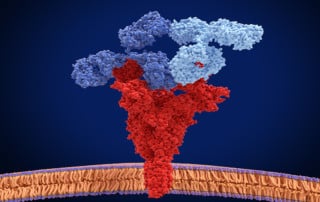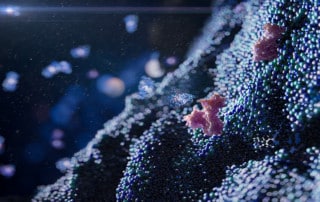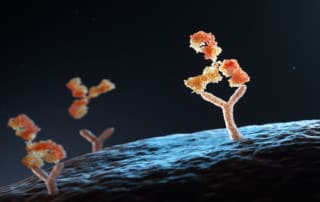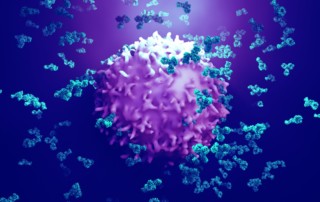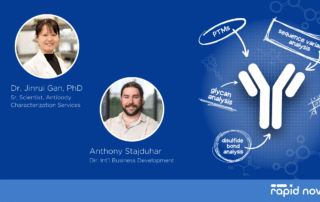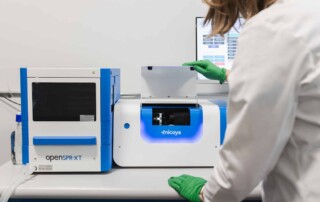Our Technology.
Our services are built on our proprietary software for Next Generation Protein Sequencing and patented chemistry. Read on to learn about how it works and our ongoing advances in antibody sequencing, discovery and characterization technology.
- Introduction to De Novo Protein Sequencing – Webinar
- Isoleucine and Leucine: How Are They Distinguished with Mass Spectrometry? – Article
- DNA Sequencing vs Next Generation Protein Sequencing: How Do They Compare? – Article
- What is Polyclonal Antibody Sequencing? – Article
- Technologies for Antibody Discovery and Generation – Article
- Polyclonal Antibody Sequencing with Only Proteomics – Webinar
- De Novo Protein Sequencing of Antibodies for Identification of Neutralizing Antibodies in Human Plasma Post SARS-CoV-2 Vaccination – Nature Communications Article
We encourage you to dive into more of our resources below. Contact us for more information.
Fill out the form to access the recording
Latest Posts
Resources
Leveraging pAbs for Therapeutic Development
Over the past several years Rapid Novor has been developing the world’s best antibody protein sequencing platform, sequencing over 2700 monoclonal antibodies and proteins. In 2020, they unveiled their most advanced technology to date - REpAb® polyclonal antibody sequencing. The platform combines the world’s best protein sequencing technology and NGS to comprehensively mine the antigen-specific antibody repertoire present in rabbit and human patient samples. By leveraging the platform, teams can build robust antibody assays and therapeutic leads derived from patients’ blood.
Polyclonal Antibody Sequencing with Only Proteomics
Over the past 5 years Rapid Novor has perfected monoclonal antibody sequencing, and is now sequencing mAbs from polyclonal mixtures using REpAb®. After successfully launching their proteogenomics based sequencing technology to deconvolute the immune response, the team has further evolved the technology and has derived the most abundant mAb sequences directly from rabbit blood using only proteomics. The talk will surround the development, progress and use cases for REpAb®.
DNA vs Next Generation Protein Sequencing – a Deep Dive
This webinar offers insight into how DNA and protein sequencing compare to each other.
Antibody Characterization by Mass Spectrometry
In this on-demand webinar, we discuss why it is important to characterize antibodies based on their physical properties not just by what they bind, and how you can easily do the former via mass spectrometry-based protein sequencing.
Recombinant Therapeutic pAbs are Now Possible
Polyclonal antibodies are popular research reagents for their high sensitivity and robust cross-platform performance. But few companies consider them viable for therapeutic applications as they are almost impossible to characterize. Additionally, they suffer from a lack of reproducibility and limited supply. Monoclonal antibodies (mAbs) can be reliably characterized and produced for therapeutic applications, but are more costly to discover and develop. Rapid Novor’s REpAb technology can overcome these limitations by capturing the sequences of the most abundant IgG in a pAb and enabling indefinite antibody production. Here we report the first successful conversion of a goat polyclonal antibody into a cocktail of recombinant mAbs using only the pAb protein sample.
Polyclonal Antibody Sequencing in Therapeutics Development Pipelines
Over the past several years Rapid Novor has been developing the world's best antibody protein sequencing platform, with over 2700 monoclonal antibodies and proteins sequenced. In 2020, they unveiled their most advanced technology to date- REpAb® polyclonal antibody sequencing. The platform combines the world's best protein sequencing technology and NGS to comprehensively mine the antigen specific antibody repertoire present in rabbit and human patient samples. By leveraging the platform, teams can build robust antibody assays and therapeutic leads derived from patient's blood.
Fully Harnessing the Power of Immunotherapy through Protein Sequencing
Of interest to human and veterinary drug development scientists, biologics and biosimilars development scientists, scientists performing pre-clinical assay development, immunotherapy researchers, oncolytic therapy development scientists, gene therapy development scientists, gene therapy, and oncolytic therapy researchers, CAR-T, and CAR-NK development scientists
What is HDX-MS?
The origin of hydrogen-deuterium exchange (HDX) dates back to the 1950s, when protein scientist Linderstrøm-Lang created a method involving protein deuteration to distinguish amide hydrogens participating in secondary structures. Today, scientists frequently rely on HDX data to investigate protein structure, conformational dynamics, and protein-ligand interaction.
What is Polyclonal Antibody Sequencing?
The most straightforward solution would be to determine sequences of the dominating antibody forms in a polyclonal mixture to enable recombinant antibody generation and ensure reproducibility. This was recently made possible by the development of polyclonal antibody sequencing technology, which will be reviewed in this article.
Chimeric Antigen Receptors and T cells – CAR-T
Written by: Vanessa Yoon Calvelo, PhD Published: June 13, 2022 Contents What is CAR-T Cell Therapy? CAR Structure and Function CAR-T Cell [...]
Adeno-Associated Virus Vectors for Gene Therapy Delivery
Written by: Vanessa Yoon Calvelo, PhD Published: July 11, 2022 Contents What is Gene Therapy? What are Adeno-Associated Viruses? Engineering of [...]
Protein Characterization by HDX-MS
Characterization of proteins and protein complexes is a major keystone of structural biology. As our understanding of cellular processes continues to evolve from simple pathways to complicated networks, our need for advanced analytical methods is quite apparent. Mass spectrometry (MS)-based structural approaches can be used to study protein conformational changes and dynamics, protein motion/flexibility, ligand-protein binding, and protein-protein interfaces.
Moving Towards Biosimilar Drugs
Written by: Vanessa Yoon Calvelo, PhD Published: August 3, 2022 Contents What are Biosimilar Drugs? Why are Biosimilars Being Developed? Biosimilars [...]
Surface Plasmon Resonance Spectroscopy
Written by: Vanessa Yoon Calvelo, PhD Updated: January 19, 2023 (Published: August 11, 2022) Contents What is Surface Plasmon Resonance Spectroscopy? [...]
Characterizing Biomolecular Interactions with Surface Plasmon Resonance
Biological processes are driven by molecules that interact through specific molecular contacts, often to form a stable complex. These interactions are typically defined by the principles of thermodynamics as well as biomolecular structure and recognition. At the simplest level is the interaction between a target molecule with a specific binding site and a probing molecule that binds to that site, resulting in the bound complex.
Antibody Discovery Platforms
The great debate on the use of in vivo versus in vitro sources and strategies for antibody discovery and generation continues to thrive among antibody research groups. On one side of the debate is the argument for non-animal-derived antibodies due to the technical advancements of current in vitro technologies, and the moral obligation to reduce animal usage. On the other side of the debate is the counterargument for animal-derived antibodies due to their better performance in affinity, specificity, and reduced immunogenicity risk.
CAR-iNKT Cells Targeting Clonal TCRVβ Chains as a Precise Strategy to Treat T Cell Lymphoma
With 22 functional T cell receptor (TCR)Vβ subunit families making up the normal T cell repertoire, signals from these cell surface receptors often determine the fate of normal cells. However, mutations in TCR signaling proteins are frequently associated with peripheral T cell lymphomas (TCLs), including adult T cell leukemia/lymphoma (ATL), which indicates a driving role for TCRs in TCL oncogenesis. As TCL and ATL are clonal in nature, tumour cells typically express a single TCRVβ subunit with no bias in the usage of TCRVβ subunit families. Consequently, targeting the specific TCRVβ subunit presents a promising therapeutic approach that is highly selective and tumour-specific.
Antibody Discovery Dead Ends and New Approaches
In this webinar, you will learn: About the challenges commonly encountered in antibody discovery campaigns, including non-functional antibodies, limited diversity, [...]
Ask Our Experts: Navigating Antibody Characterization through LC-MS
In this webinar, you will… Learn the details of LC-MS based antibody characterization in early discovery and production pipelines Explore in-depth [...]
Epitope Binning With SPR For Antibody Drug Discovery
Written by: Genya Gorshtein, MSc Published: May 29, 2024 Contents Introduction What is Epitope Binning Value of Epitope Binning [...]

